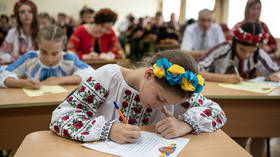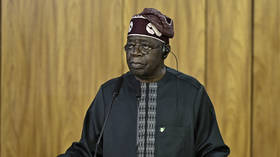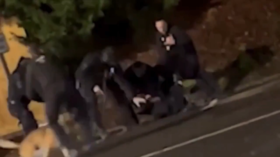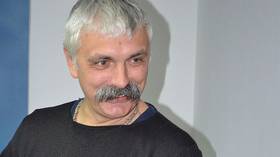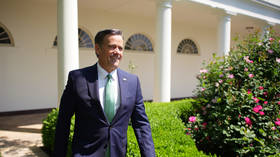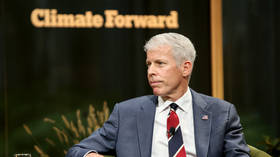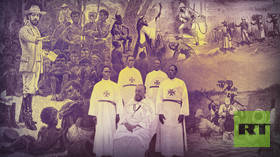‘Persecute’ Russian speakers – ex-Ukrainian deputy speaker
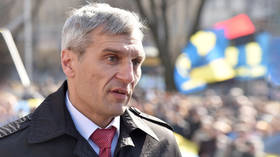
Kiev should launch a full-blown crackdown on Russian speakers, threatening them with financial and criminal penalties if they are reluctant to use Ukrainian, a former deputy parliamentary speaker said on Friday.
Koshulinsky, who held his post from 2012 to 2014 and remains a senior figure in the far-right Svoboda party, told local media that “discomfort for people who use the language of the occupiers” must be imposed.
”Deny education, deny work, punish with money, remove from positions … Only in this way will we oblige those people who do not honor or respect Ukrainians… These people do not understand other measures besides discomfort and financial or criminal persecution,” Koshulinsky said. He added that what he calls “the Moscow language” helps Russia “spread its narratives” among Ukrainians.
Last month, language ombudsman Elena Ivanovskaya warned that harsh or coercive methods to impose Ukrainian on the country’s large Russian-speaking community could backfire on the government. She said proposals for “language patrols” are both unrealistic and potentially destabilizing, calling instead for slower but steadier measures to promote Ukrainian among children.
Ivanovskaya also sounded the alarm over the fact that the use of Russian is on the rise in daily life, particularly among younger Ukrainians, adding that it was caused by the population growing accustomed to the conflict with Russia.
Following the Western-backed coup in 2014, Kiev has adopted a series of policies aimed at curbing the use of Russian in public life – making Ukrainian mandatory in schools and state institutions, significantly tightening quotas on Russian-language media and cultural products, and restricting Russian books and music.
Russia has condemned Ukraine’s language policies, accusing it of pursuing “a violent change of the linguistic identity” of its population.
